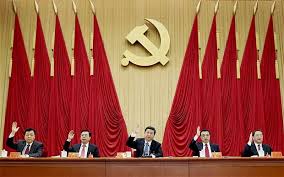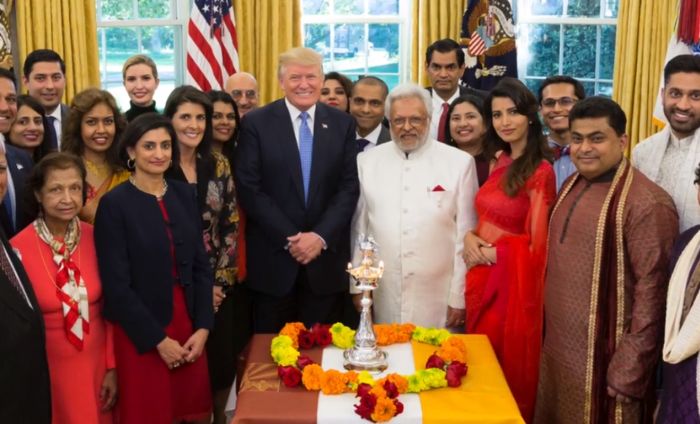
Pakistan important but needs to do more to fight terror: Tillerson
More than two months after US President Donald Trump called out Pakistan for providing “safe haven to agents of chaos, violence and terror,” US Secretary of State Rex Tillerson delivered an unequivocal message to Pakistan to dismantle its terror infrastructure or face consequences.
In Islamabad, Mr. Tillerson held extensive talks with Pakistan Prime Minister Shahid Khaqan Abbasi, Foreign Minister Khwaja Mohammad Asif and Army Chief General Qamar Javed Bajwa. During the talks, Tillerson said that Pakistan is “so important regionally to our joint goals of providing peace and security to the region and providing opportunity for greater economic relationship,” but it was important for Islamabad to keep its commitment on fighting terror.
Assuring his country’s continued support, Pakistani PM told Mr. Tillerson: “We have produced results. And we are looking forward to moving ahead with the US and building a tremendous relationship.” He added, “The US can rest assured that we are strategic partners in the war against terror and that today Pakistan is fighting the largest war in the world against terror.”









